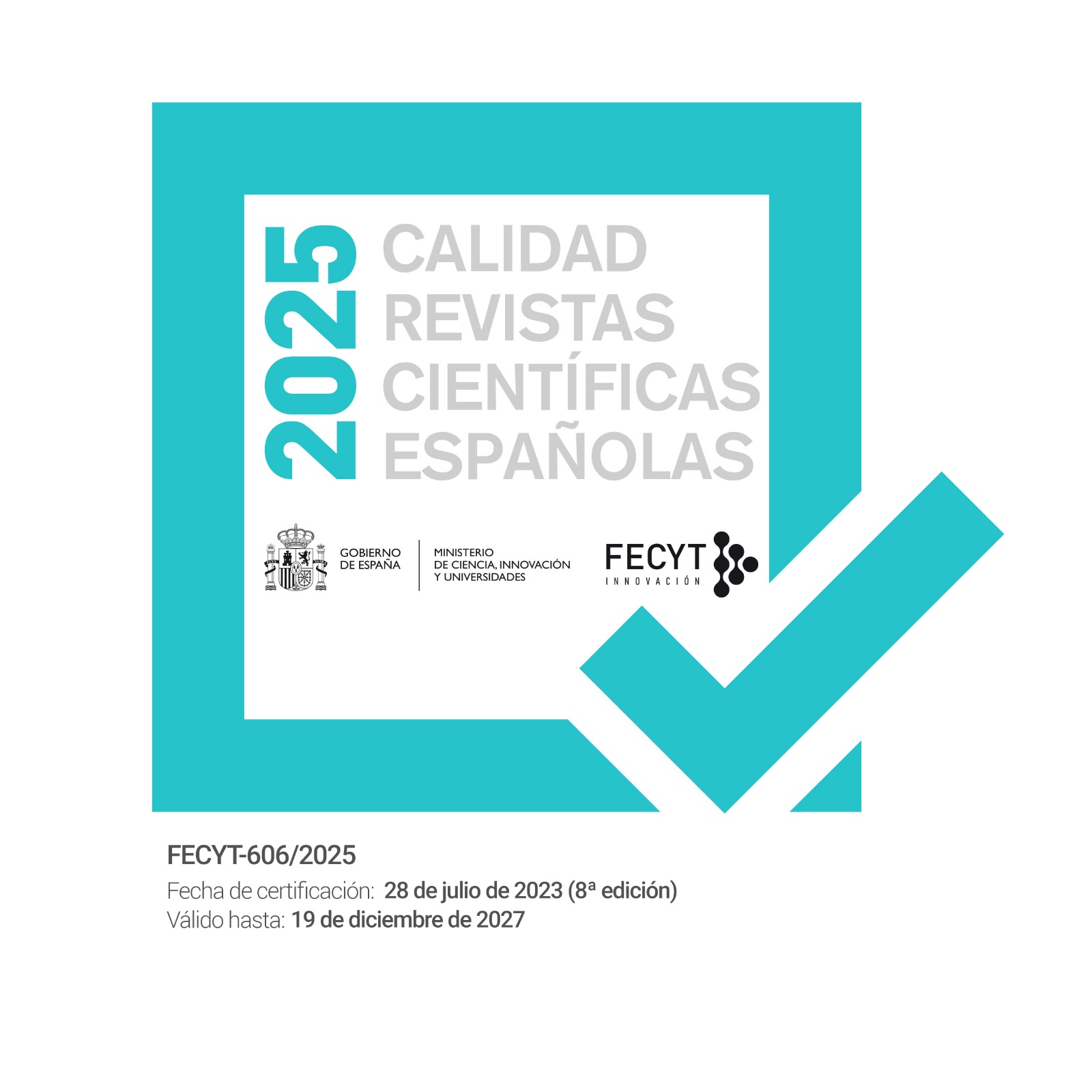A frantic mayfly at the turn of the century: The positivist movement and Portuguese criminal law
Keywords:
Legal history – Liberalism – Krausism – Abolitionism – Classical School – Special prevention – Positivism – Scuola Positiva – Modern School – Socialist School – Lombroso – Principle of legality – Presumption of innocence – Dangerous offenders – Insane offenders– Anarchists – Penitentiary system – Prisons – Alienists – Experts in the criminal procedure – Security measures – Prisons – Monism and dualismAbstract
This chapter seeks to provide a general overview of the evolution of Portuguese criminal law over a century (1822-1936), from the perspective of the reception of positivism. For this purpose, the authors present the state of play around 1880 and the influence of liberalism and correctionalism on the paradigm in force. Then, the influence of positivism on criminal law is examined on three levels: through the research and practice of scientists (in particular, doctors and alienists); through the theory and teaching of criminal law (in particular, at the University); and through legislative and institutional action in the field of criminal justice (in particular, in the enforcement of sanctions). The authors use various documents and writings on alienism, prisons and criminal matters from Portuguese scholars and stakeholders of the 19thcentury. The text concludes with an assessment of the impact of positivism on Portuguese criminal law.
Downloads
Downloads
Published
How to Cite
Issue
Section
License
Creative Commons Reconocimiento-NoComercial-SinObraDerivada 4.0 España (CC BY-NC-ND 4.0 ES)




